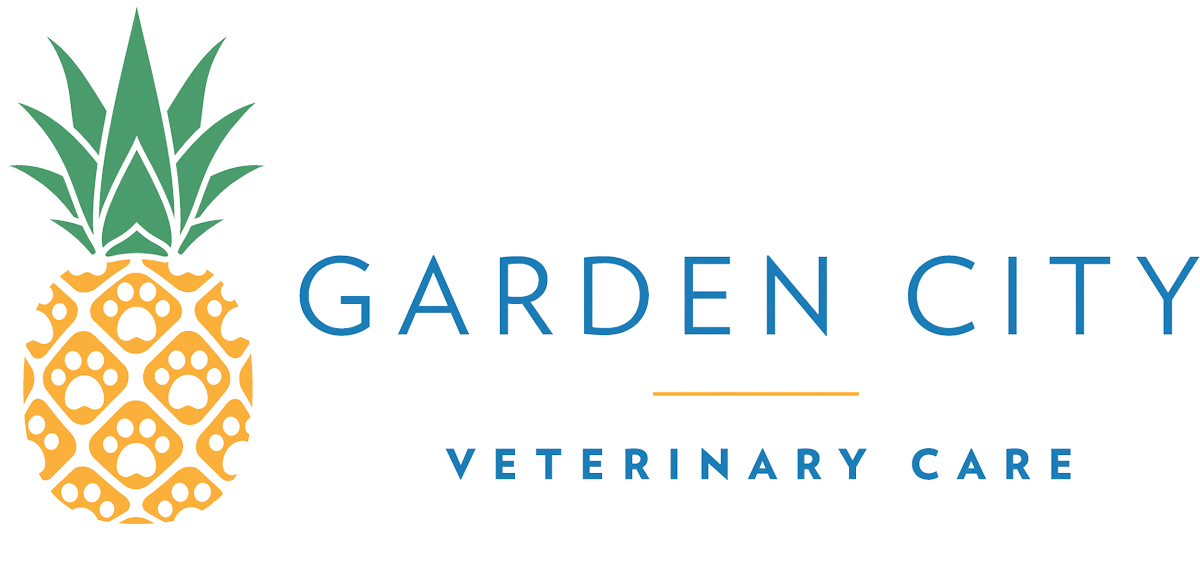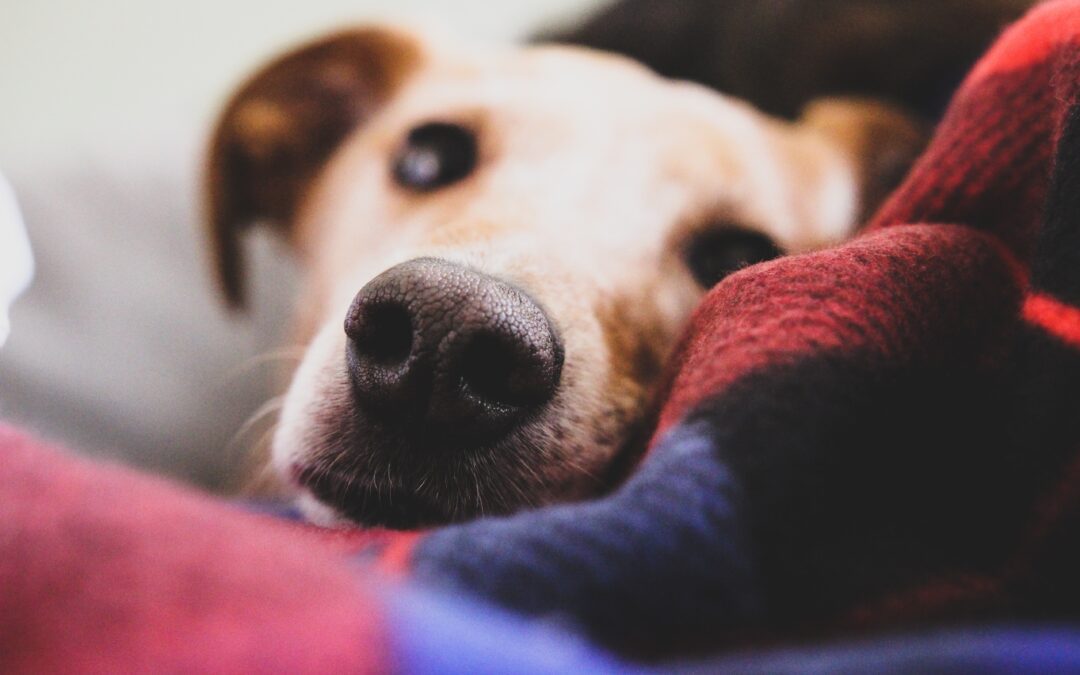Being a pet owner is one of life’s most rewarding experiences. There are few greater joys than coming home to an eager pup or cuddling up with a contented kitty after a long day. However, it’s important to remember that a lot of the items you have in your home can be toxic for pets if ingested. This blog post will cover five common toxins lurking in many households, as well as helpful information about what signs to look for and how to prevent poisoning from occurring. read on for more information!
#1: Medications
One of the most common household hazards that pets ingest are medications—from an entire pack of beef-flavored heartworm preventives to their owner’s prescription heart medication. Pets, and food-motivated dogs in particular, often snatch up dropped pills before their owners can grab them. They may also sniff out pill bottles in guests’ luggage, or raid the countertop. Medication overdoses can be fatal for pets, so contact an animal poison control hotline immediately.
#2: Food
The kitchen is a tempting place for your pet and holds many delicious hazards. Chocolate, macadamia nuts, xylitol, avocados, unbaked yeast dough, alcohol, grapes, and raisins are the most common toxic foods that can cause serious illnesses ranging from kidney failure and seizures to alcohol poisoning and severe hypoglycemia in pets. Prevent your counter-surfing pet from helping you cook in the kitchen, and purchase a locking trash can to keep out inquisitive noses.
#3: Household chemicals
Every chemical in your home can cause your pet harm if they ingest enough. Ensure the following common chemicals are locked up away from your pet:
- Cleaning products
- Disinfectants
- Aerosol air fresheners and other products
- Candles
- Antifreeze
- Windshield washer fluid
- Paint
- Glue
- Nail polish remover
#4: Houseplants
Many houseplants, and the chemicals that help them thrive, are poisonous to pets. Lilies in particular are exceptionally hazardous to cats, and coming in contact with only the pollen can be fatal. Other common houseplants that pose a threat to your pet include dieffenbachia, elephant ear, and spider plants. Several outdoor plants, such as ivy and oleander, can also be poisonous to pets. Before bringing a bouquet inside your home or adding greenery to your garden, check the ASPCA’s toxic plant list to ensure your blooms are pet-safe.
#5: Batteries and coins
Batteries and coins can cause metal poisoning if ingested. If your pet chews and punctures a battery, they can suffer from chemical burns. Intact batteries swallowed whole can become a gastrointestinal blockage.
If you think your pet has been in contact with a toxic substance, contact our team immediately.

